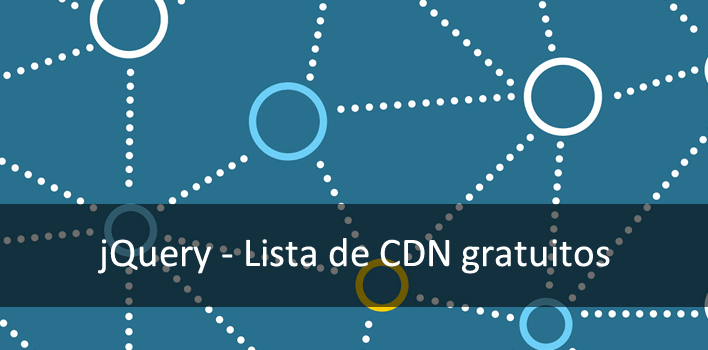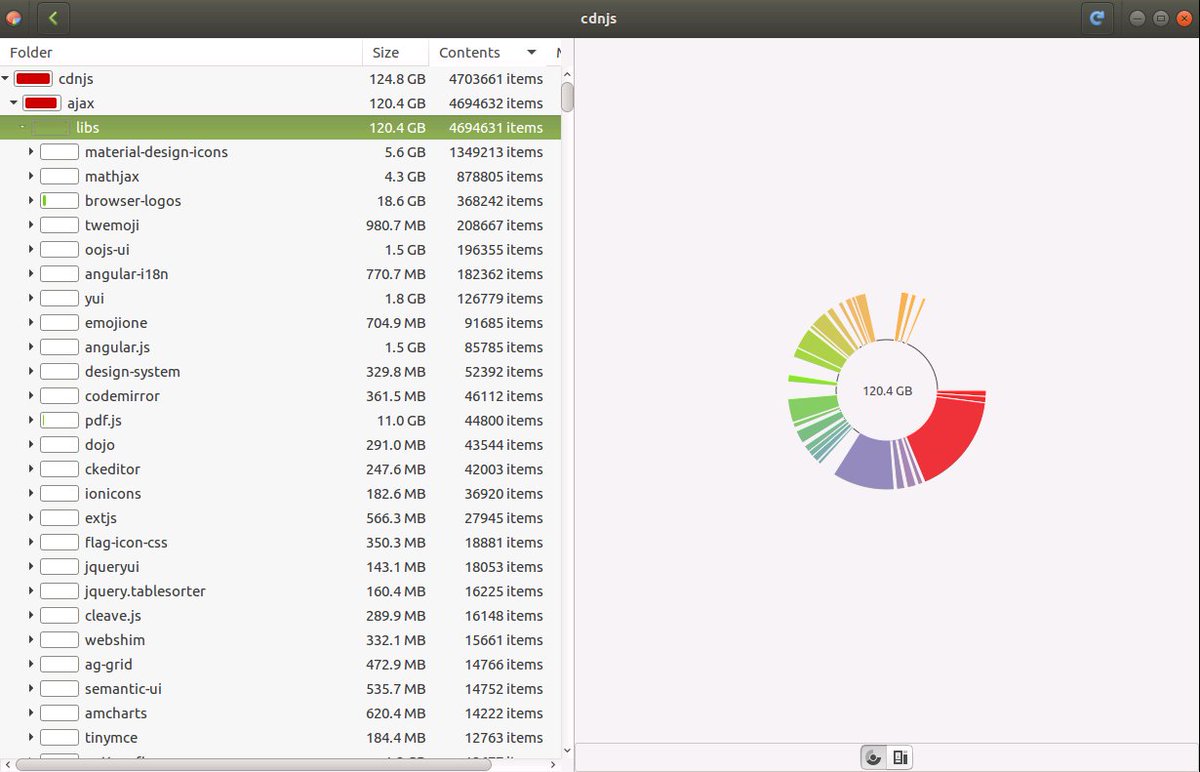

That is another choice comparable to using Google's hosted jQuery. For example if you use Grunt to build the library in order to use only certain modules or setting the AMD nameĪlso, Microsoft hosts jQuery on their CDN. (Quite linked to the first issue) If you need to work on a development environment (managed for example with Bower), you might need to be able to make your application work without any internet connection (ie: in a train :) When you want to run your application offline. There are several scenarios when you might not want to use jQuery from Google's CDN: These could fix security holes, but generally just break your stuff.) (If you like to "fly by the seat of your pants," you can always use the latest version of any script that they offer.

It reduces the amount of bandwidth used by your server.This makes the time-to-download very small, because it is super compressed and it isn't compressed on the fly.) (Google can pre-compress the file in a wide array of formats (like GZIP or DEFLATE).

It ensures that the payload will be as small as possible.(As more sites follow this practice, more users already have the file ready.) It increases the chance that there will be a cache-hit.(Most browsers will only download 3 or 4 files at a time from any given site.) It increases the parallelism available.


 0 kommentar(er)
0 kommentar(er)
